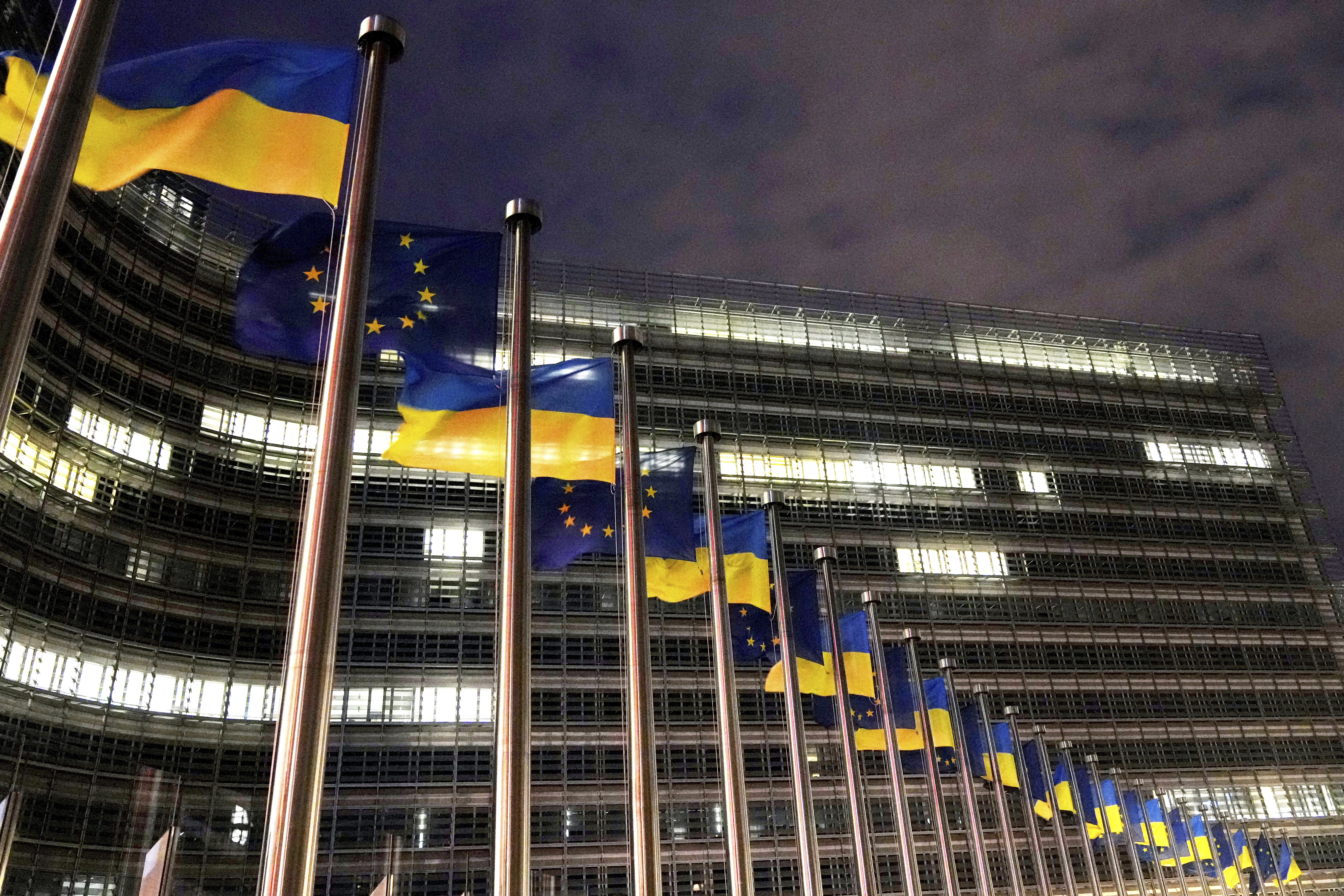EU Ministers to Meet in Ukraine to Discuss Candidate Status Progress

Ukraine will host European ministers in Lviv to discuss the country's progress towards EU membership, despite Hungary's political veto.
The Gaze reports on it, referring to Politico.
On December 10-11, an informal summit of European affairs ministers will be held in the Western Ukrainian city of Lviv, where leading European diplomats will discuss the progress of reforms and Ukraine's next steps on the path to the EU.
The event is organized on the initiative of Denmark, which chairs the EU Council, and Ukrainian Deputy Prime Minister Taras Kachka. The summit aims to summarize Kyiv's achievements, discuss future plans, and confirm political support for Ukraine's European integration.
Despite the fact that Ukraine gained candidate status back in 2022 and has carried out large-scale economic, judicial, and anti-corruption reforms, Russia's war continues to create difficult conditions for implementing changes. At the same time, the official opening of negotiation chapters for Kyiv has been delayed due to the veto of Hungarian Prime Minister Viktor Orbán, who demands unanimous support from all EU countries to move forward with the application.
European officials are looking for ways to circumvent this blockade. One such approach is the “frontloading” mechanism, which allows Ukraine and Moldova to begin work on the next stage of reforms without the formal agreement of all member states. This provides an opportunity to move forward in preparing for membership, even if one or more vetoes temporarily slow down the process.
According to diplomats, the summit in Lviv should send a clear political signal that the EU remains committed to Ukraine's integration, ready to support the country's reforms and promote its further rapprochement with the union.
At the same time, the domestic political situation in Hungary, where Orbán is preparing for parliamentary elections in the spring of 2026, is also being taken into account.
The EU has begun working on ways to circumvent Hungary's veto and accelerate the enlargement process, particularly for Ukraine, Moldova, and Montenegro. One of the options being considered is to grant candidates most of the benefits of membership without the right of veto until the necessary institutional reforms are carried out, in particular the introduction of qualified voting in most areas.
At the same time, experts note that Ukraine could start accession negotiations even under conditions of partial occupation of its territories, similar to the examples of West Germany or Cyprus. Parts of the country that remain under government control will be able to immediately enjoy the benefits of membership, while other territories will join later after control is restored.
As The Gaze reported earlier, the European Commission has published a report assessing Ukraine’s progress toward EU membership, highlighting achievements as well as ongoing challenges in governance, the judiciary, and anti-corruption efforts.
Meanwhile, expert Igor Popov noted that negotiations on the “Fundamentals” cluster, covering rule of law, judicial reform, and corruption, will be the most difficult stage, as these areas lack uniform EU standards and require carefully justified, context-specific reforms.
Read more on The Gaze: How Ukraine Is Integrating into the EU Prior to Official Membership